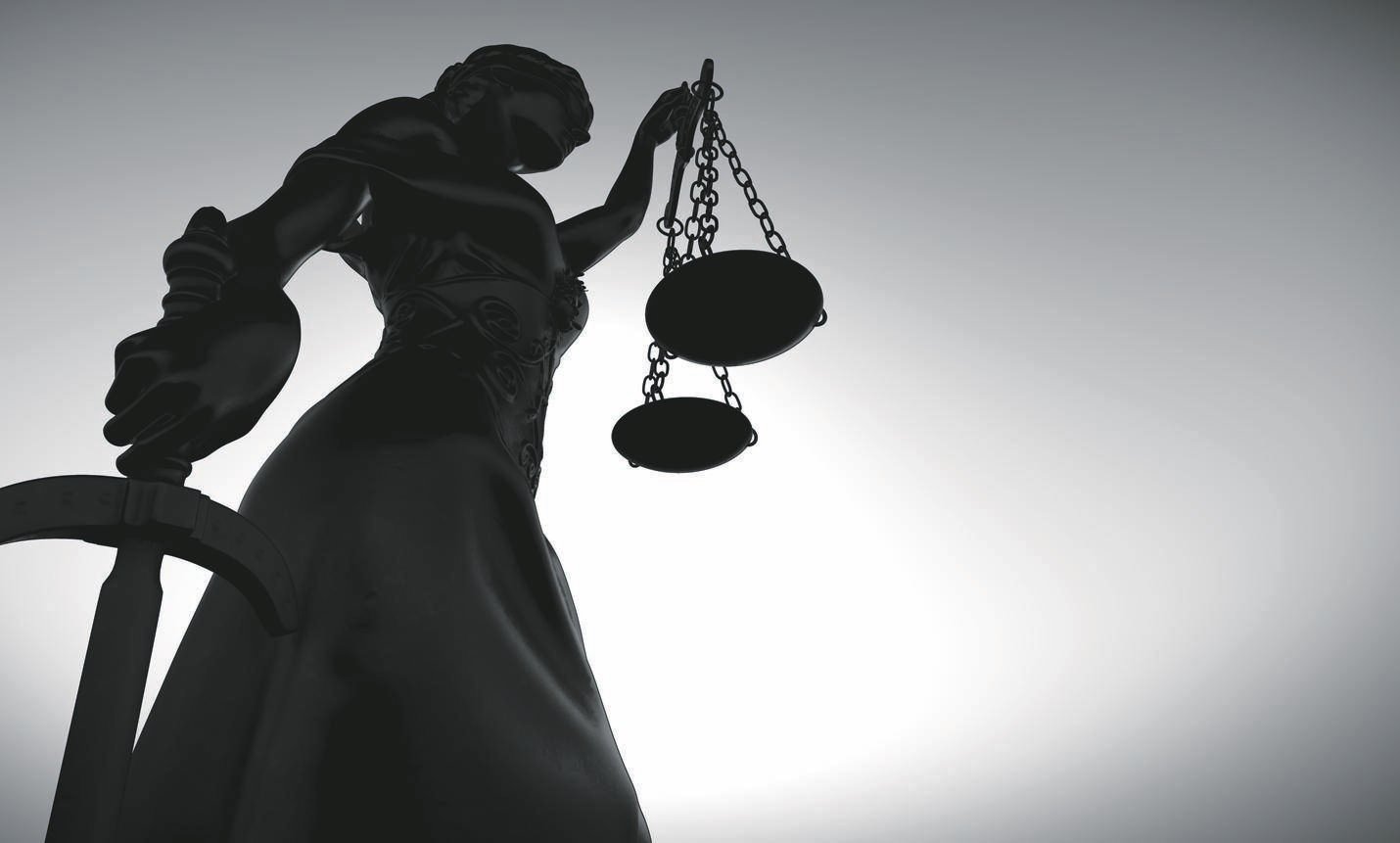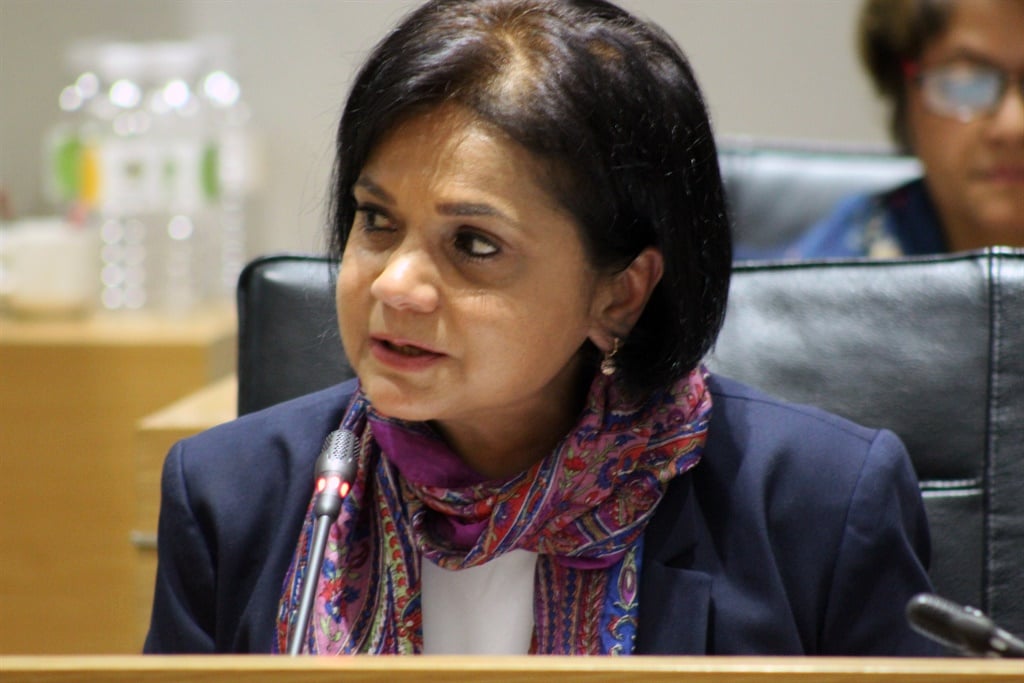
I am confident that the NPA will return to being an institution that we will once again be proud of.
As we consider the weighty matters of human rights and criminal justice in our own country, let us place this in the global context of challenges we face in this regard.
Increasingly, the rhetoric and actions of world leaders retreat from their human rights obligations, or show blatant disregard for them.
The rise of nationalist sentiment and the promotion of the self over the welfare of others reflects a descent that we cannot allow to go unchecked, notwithstanding our own problems here at home.
OUR NATIONAL CONTEXT
While our Constitution stands as a model for other countries, its promises of a wide range of rights and freedoms have yet to emerge as realities for the vast majority of our citizens.
The right to enjoy a better quality of life, which should be free from fear and victimisation, simply does not exist.
The institutions – including the National Prosecuting Authority (NPA) – responsible for ensuring that citizens are protected and that justice is delivered are clearly failing our citizens
Public confidence in government and criminal justice institutions is at a dangerously low ebb, and we have a very small window of opportunity to turn this situation around, before all credibility is lost.
The challenges we must address seem insurmountable – violent crime is destroying families and communities, and unprecedented levels of corruption have ravaged our economy and its current prospects.
High levels of inequality contribute to vastly different levels of vulnerability to the problems of crime that we face.
Yet, we have no choice but to address these problems head on – and with the confidence that we can shift the balance.
A failure to do so will embody a failure to meet our most basic Constitutional obligations, uphold the rule of law and safeguard fundamental freedoms.
CHALLENGES
Corruption has become so widespread that there is a danger it will become entrenched and normalised.
For too long, corrupt politicians, government employees and business leaders have acted with impunity to plunder the scarce resources of our country.
And they have done so in plain sight, in the most brazen ways imaginable.
It is clear that corruption disables the ability of our government to deliver basic services and, in doing so, violates the human rights of the most vulnerable of our citizens.
Only a clean and honest private and public sector, where greed is not allowed to thrive, can guarantee us sustained economic growth that creates decent jobs for people.
The Constitutional Court has recognised that “corruption threatens to fell at the knees virtually everything we hold dear and precious in our hard-won constitutional order”.
As citizens we go about our daily lives with a heightened vigilance to violence and crime.
These constant feelings of insecurity, which have been extensively reported in research and the media, are simply unacceptable as the new “normal”.
Our crime statistics alone, which, I remind you, reflect only reported crime, show high rates of murder and interpersonal violence – including against women and children – and our failure to meet our Constitutional promises relating to the rights to life and freedom from all forms of violence.
Overall, a weak economy, high levels of corruption in both the public and private sector, distrust in the government, and poor service delivery are closely associated with social unrest, as are the issues of hate speech and xenophobia.
We know that, for those who are victims of crime and violence, advancements in the criminal justice system have been neither effective nor swift enough.
LIGHT AT THE END OF THE TUNNEL
There is no question that the solutions are complicated and that it will not be quick – but then nothing worth it ever is.
The depth of the challenges that confront us is serious and well known: instability in leadership, serious allegations of impropriety (and even capture) against some leaders, an exodus of skilled staff, and a virtual end of professional development and training programmes.
Notwithstanding many hardworking and dedicated prosecutors working under difficult conditions, years of instability, loss of confidence in leadership, undue political influence and corruption have led to inertia in the institutional frameworks of the organisation and serious problems relating to staff morale.
My four key points to my vision for the NPA:
Independence: We need a deep commitment to our constitutional obligations and independence – a commitment I will not waver from enforcing at any cost. We are assessing options of how to further strengthen the independence of the NPA.
Professionalism: Effective independence means that we need to get our own house in order. We need to be a professional organisation with the capacity to deliver. This will require hard work, innovation and perseverance.
Accountability: Prosecutorial accountability is a recognition that prosecution services derive their powers from the state, which in turn derives its powers from the people. In a democracy, the principle of accountability holds that state officials are responsible to the citizenry for their decisions and actions. The concept of accountability is central to the idea of democratic governance based on the rule of law.
The NPA has to account for its actions. Prosecutors have power, including the power to disrupt lives and impact on rights of citizens. We need to exercise that power responsibly and not abuse it.
Credibility: The NPA will be able to restore its credibility only once it gets its own house in order and delivers an effective service to its clients, especially the victims of crime.
The NPA is responsible for bringing justice to the victims of crime, fundamental to achieving the human rights objectives in our Constitution.
We need to always prosecute without fear, favour or prejudice, while maintaining a victim-centric approach.
Our current efforts will need to be vastly improved and increased to better serve the needs of South Africans.
The nature and extent of crime – including corruption – in the country is truly shocking. Its impact is evident everywhere, affecting the rights of ordinary citizens every day.
In everything we do, or aim to do, to eradicate crime – including corruption – and turn our country around, the importance of nurturing existing relationships with stakeholders and building additional partnerships cannot be over-emphasised – both intergovernmental as well as with the private sector, including civil society, without impeding our independence.
Collectively we hold the future of our country in our hands.
All South Africans are watching and hoping that we can return to a place where justice matters, where victims receive justice and, in particular, the rich and the powerful are held to account.
The people of our country deserve nothing less.
The NPA has a vital role to play in this struggle. Together with the judiciary, it is tasked with the defence of the ideals and values that define us as a people and a nation; they are instruments by which the state achieves service to the ideals of justice.
The yardstick of our development as a nation is the devotion to these ideals by organs and arms of state and all who serve in them.
I am confident that the NPA will return to being an institution that South Africans will once again be proud of; a trusted and credible institution that puts the rights and interests of victims first, upholds fair trial rights and is not influenced by political pressure or illicit financial gain.
Indeed, we know that the challenges are immense. But let us not succumb to despair that the challenges we face are insurmountable.
Challenges have always existed and will continue to do so; it is in the meeting of these challenges that we fashion ourselves as a nation.
I know it won’t be easy, but together we can do it.
Batohi is the head of the National Prosecuting Authority and this is an edited extract from her speech at the Kader Asmal Human Rights Award lecture hosted by the Council for the Advancement of the SA Constitution this week




 Publications
Publications
 Partners
Partners









